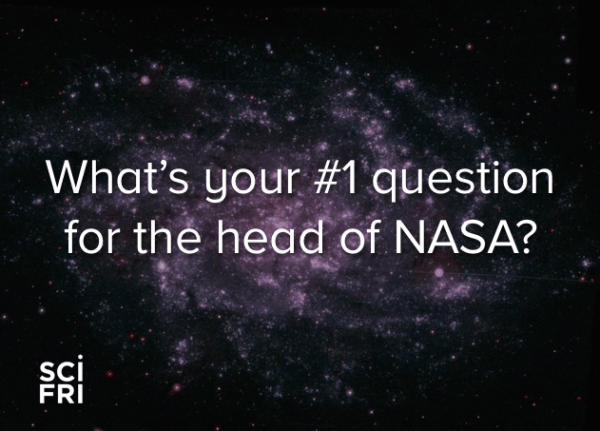NASA Administrator Discusses UMD Geography Work in Uganda on SCIFRI Podcast
During a Science Friday (SCIFRI) NASA: To The Moon (And Definitely Beyond), NASA Administrator Jim Bridenstine talked about work being lead by Assistant Research Professor Catherine Nakalembe on satellite-based monitoring of agricultural drought and early warning in Uganda.
On why “plant science is critical for NASA.”
"....We launched these satellites for a purpose that was not this. And here we are, able to increase crop yields, reduce water use, preserve nitrates. In 2017, just a couple of years ago, we applied some of this capacity to a situation that we saw as NASA developing in Uganda, and when we applied NASA data to a drought that was about to occur in Uganda, we can see plant stress from space weeks ahead of when we can see on earth with the human eye, and so we applied this technology. We saw a disaster waiting to happen and we actually mitigated the disaster ahead of time, saving the taxpayer tens of millions of dollars by actually investing 2.7million in front of the crisis instead of doing disaster relief after the crisis. here's' an applied capability that has benefited the American taxpayers, it has saved lives in Uganda and it is a win-win for all the above. And so we need to expand these kinds of capabilities. Not because NASA, this is no in our mission set but what we can do, we can prove the technology, we can prove the capability and then we can use it for others, or commercial industry can take it over and sell for farmers looking to improve their crops yields. There are lots of ways we can benefit from this."
Listen to the Podcast: NASA: To The Moon (And Definitely Beyond)
Published on Sat, 03/23/2019 - 08:19


